- Apply
- Visit
- Request Info
- Give
A New Movement
Students share perspectives on Open Pedagogy
Written by Dwight Bachman
Published on March 23, 2022

As far back as 2008, Eastern Connecticut State University faculty began helping their students save money on textbooks by adopting Open Education Resources (OER) in their classrooms. One of the first was Mathematics Professor Kim Ward.
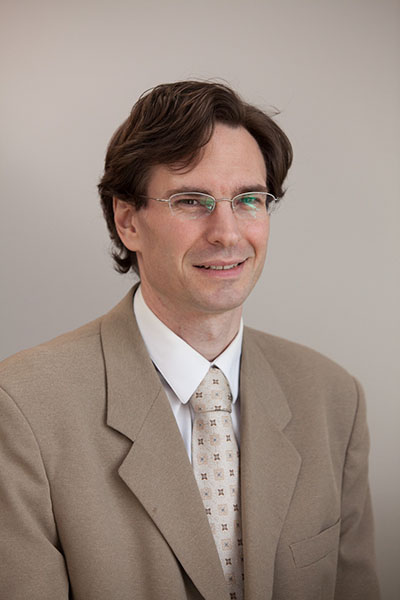
At the time, many textbooks cost more than $200, some as high as $400 each. One in three students used more than $300 a semester in financial aid to pay for their textbooks. At $12/hour, a student would have to work more than 20 hours on campus to cover the cost of a single $250 textbook.
Today, Nicolas Simon, assistant professor of sociology, is leading the charge to raise the bar on OER to a new level by using “Open Pedagogy” strategies, where students create their own OER materials such as digital learning modules, Power Point presentations, lectures, games, simulations and course syllabi that can be used for themselves and others.
Four of Simon’s students — Nelly Gonzalez of The Bronx, NY, majoring in Early Childhood Education and Sociology; Tyler Fairbanks of Norwich, majoring in Sociology, Kiyana-Nicole Smith of Willimantic, majoring in Pre-Early Childhood Education and Sociology; and Maya Vanderberg of Lafayette, IN, majoring in Sociology and Pre-Law — presented at the 2022 Connecticut OER Virtual Summit on March 4 as members of a panel discussion on “Student Perspectives on Open Pedagogy.” The summit was organized by the Connecticut OER Coordinating Council, funded in part by a CSCU OER grant.
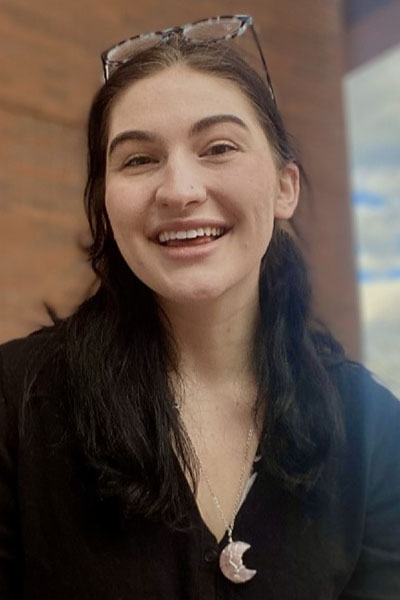
During the panel session, the students shared their perspectives on the different open pedagogy projects they were involved with as creators and consumers of OER materials. They discussed their initial reactions to the assignments, the efforts involved, the challenges faced and reflections on the value of the completed works. They all agreed that OER was an affordable alternative to traditional textbooks and had a positive impact on student success.
Vanderberg who served both as a student and teaching assistant to Simon, said her experience creating learning materials built “an appreciation for both the gifting and receiving of knowledge and (fostered) a powerful solidarity between students and professors. It helped me conquer my own initial doubts, work through the creative process, and reflect more on my work’s impact on me, those around me and the greater community.”
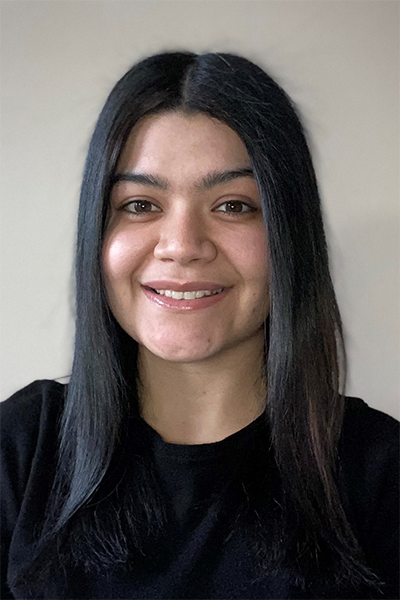
Vanderberg said open pedagogy empowered her to build her own professional legacy. “The unorthodox nature of the assignment broke up the flow of our work in a unique, yet educational way. The experience of creating pieces was one that I found incredibly rewarding. It felt like we were part of a movement, in which the end goal was spreading our knowledge and making educational resources more accessible.”
Gonzalez, who is currently student teaching in Manchester Public Schools, discussed how much she enjoyed creating educational videos for children. “It was a project that I felt passionate about . . . Looking back, I can definitely see the effect that creating those projects had on me because I was not only able to understand the content better but it made me see how much I can do for myself and others . . . Earlier this semester, the first graders took time to record themselves reading non-fiction books and sharing what they knew about the topic, they were so excited to share their final product and even happier to see that they were all learning from each other and not just from the teachers.”
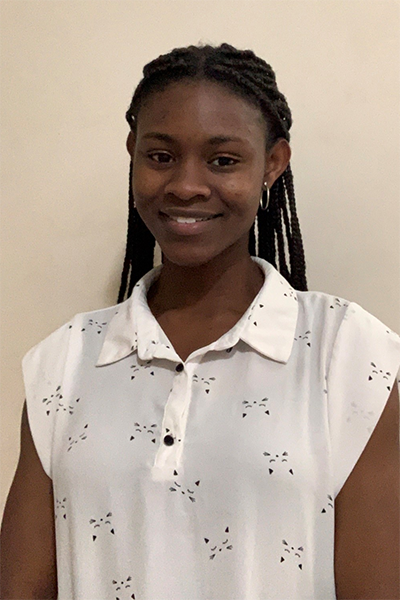
Smith, who uses Open Pedagogy to create quizzes, said, “This experience will help me in the future because I am practicing teamwork, collaboration and making sure all voices are heard. These skills are desired in a work environment, communities and other aspects of life. I want to be a teacher. This experience will help me give students the opportunity to be creative and take the initiative in their own learning.”
Fairbanks said his first encounter with Open Pedagogy was initially accessing the online textbook “Introduction to Sociology.” “For most of my life, I’ve been taught by the educational system to memorize and repeat the correct answers. Open pedagogy . . . asks students to participate in a much more intimate manner, challenging them to truly digest the material given and communicate its key concepts.”
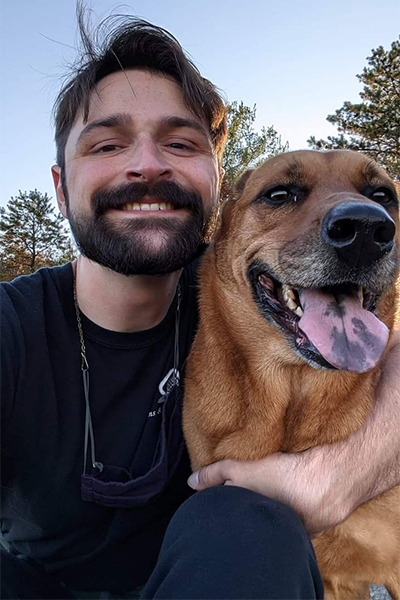
All of the students expressed gratitude to Simon for carefully guiding them through challenges, helping them overcome fears, and becoming confident and self-assured in critical thinking, writing, creativity and teamwork. “The students were magnificent on the panel discussion,” said Simon. “Nelly, Kiyana, Maya and Tyler show so much passion for their Open Pedagogy experience and illustrated that passion so well that the audience was extremely reactive. The audience wanted to know more and the questions exploded in the chat.
“Open Pedagogy is a great journey that explores knowledge and skills. Students are not customers of a cultural product. They do not have to regurgitate what they learn for the few hours of the exam. They have to comprehend some content, appropriate it, transform it and create something new. They create for themselves and for others. With Open Pedagogy, their work matters. They can be proud of their work.”
“Open Pedagogy helps deconstruct traditional barriers to education and teaches new ways of thinking and problem solving,” said Fairbanks. “These can positively impact not only a student’s life, but the whole of society as well.


